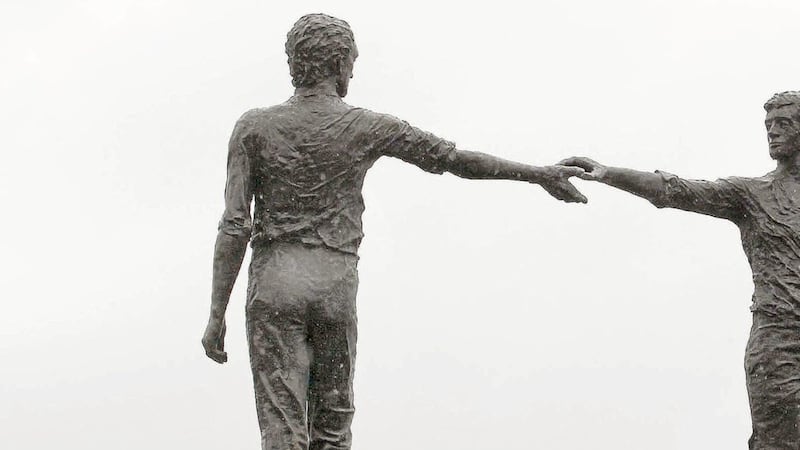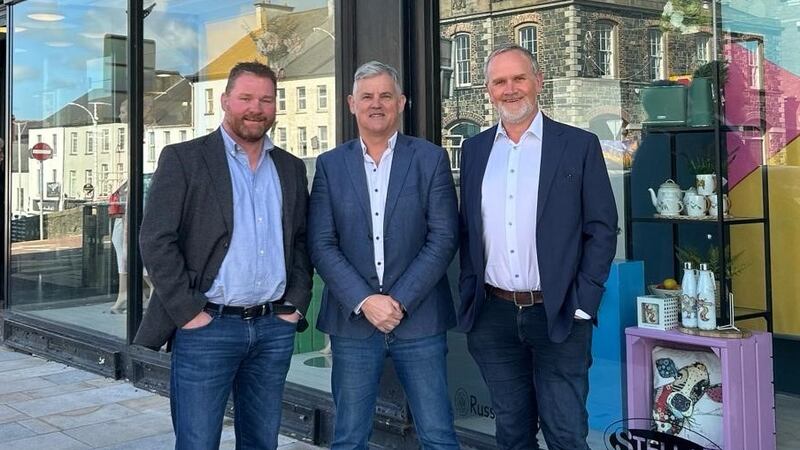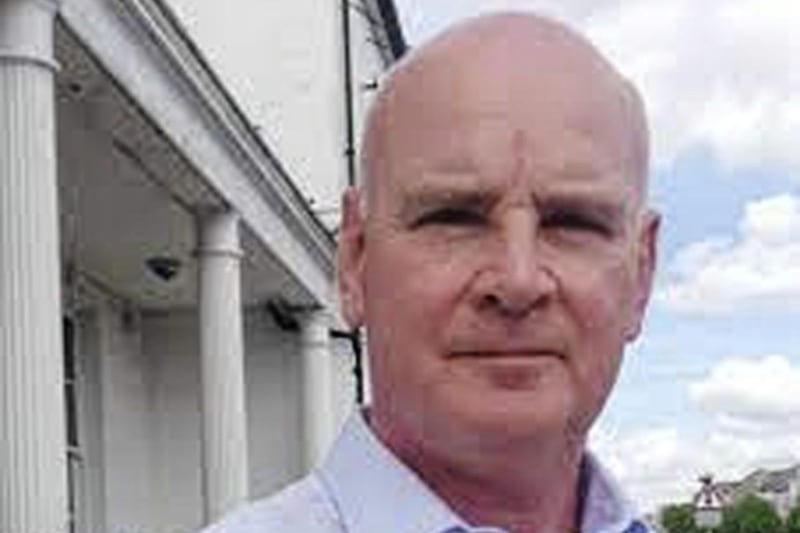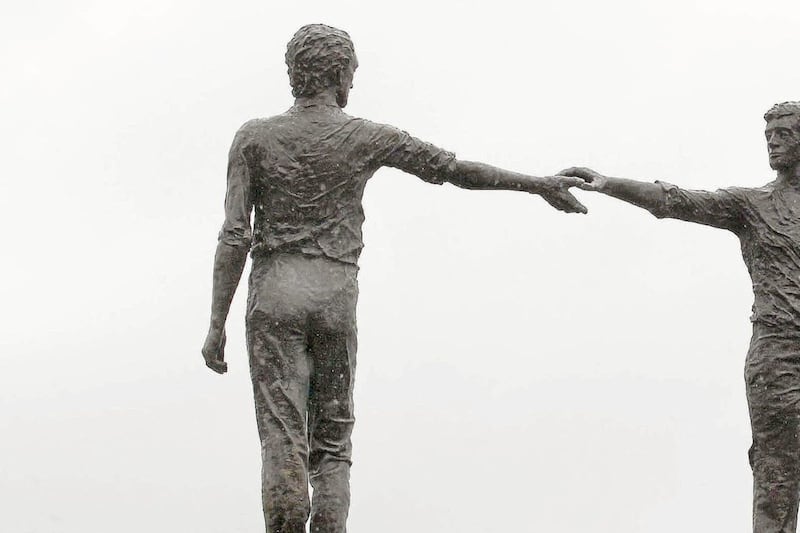INJUSTICE, prejudice, and increasing polarisation . . . sometimes it feels like Northern Ireland will never escape the burdens of our past.
There are numerous families here who have lost someone as a result of the Troubles and still live with a sense of injustice and pain, often unbearable at times.
Recently, we saw the Ballymurphy families relieved by the inquest decision but now they deserve full justice and peace of mind.
For many of us it will be hard to understand what it feels like to have lost a loved one in violent circumstances, other than comparing it to the gut-wrenching pain of losing a close friend, sibling or parent.
In our slowly mending society, feelings of hurt, pain, grievance, or a sense of unfairness, can often stack up and then cascade down our emotional timelines like individual pressure vessels - each one ready to burst at any moment.
We can’t set aside past injustices, nor should we diminish any of the pain felt by so many families and individuals as a result of division and conflict. Too many grieving parents have stood at the graveside of a loved one, taken prematurely maybe during this time or in the aftermath by suicide, with a sense of hopelessness or the consequences of past strife.
I plea for everyone to create space in our hearts for hope - hope for better days. We are eternally grateful to those who have already shown huge generosity of spirit, forgiveness and compassion to others despite their own suffering. This is a reason why we must work together to hope for a better future.
Hope is a curious thing. It is not constrained by our current struggles or challenges, it doesn’t cost anything, but it can deliver some freedom by keeping our eyes firmly fixed on an improved future.
Hope is universal. It is only curtailed by our own imagination or the mental restrictions we wish to create. However, patience is required as often small, baby-like steps are needed to build confidence and reassurance, especially where fractured relationships are involved.
When we think about reconciliation, we could imagine how this would be reflected in our local town or high street. Closing our eyes, stilling our mind, and on that inner screen in our heads maybe we can see people making their way to the centre of town.
There are flashes of colour, smells and tastes from local cafes or hostelries, maybe some laughter or calls to friends nearby. This simple act of shared togetherness or shared civic experience can seem extremely important to us.
Maybe it is naive to hope, given the harsh realities of life. Or maybe examples can be presented where this togetherness is already occurring. However, it is evident there is still much discontent and more can be done to bring us together.
The term reconciliation can appear so grand. Sometimes it’s hard to understand how achievable it is in Northern Ireland - the enormity of the process, and what changes would be required.
As the late John Morrow, a founding member of the Corrymeela Community, said in his book ‘On the Road to Reconciliation’ for a ‘truly transformative’ process ‘forgiveness, repentance, truth and justice’ are required.
He concludes ‘an essential part of the process of reconciliation is the felt need of people to tell their stories or to hear the stories of others’.
Maybe by creating more space for hope, dialogue and understanding, we can start to heal this hurt and pain.
:: Brian Pope is an Alliance member of Armagh, Banbridge and Craigavon Borough Council





